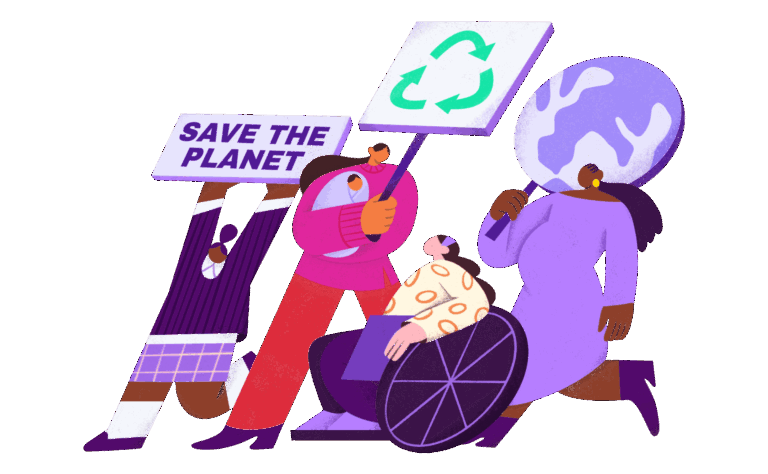Financial Information and Transparency
The European Women’s Lobby is committed to financial transparency. Below, learn more about, our budget, our resource mobilisation strategy and our corporate partnership guidelines.
Operating Budget and Income Breakdown
In 2024, EWL’s annual operating budget was 2.130.041 euros, with 76 percent coming from the European Commission. The rest came from foundations, membership contributions, corporations, governments, and individuals.
EWL Annual Revenue pie chart

Guidelines for the European Women’s Lobby Relationships with Funders
The objective of these updated Guidelines 2024 is to enable the creation of sound partnership between the EWL and funders, with the aim to advance women’s rights and gender equality all over Europe. These updated Guidelines aim to extend the potential for EWL to access funds from commercial firms in ways that do not contravene principles of prime concern to the EWL.
Read our Guidelines for the European Women’s Lobby Relationships with Funders here.
The EWL has been funded by:


